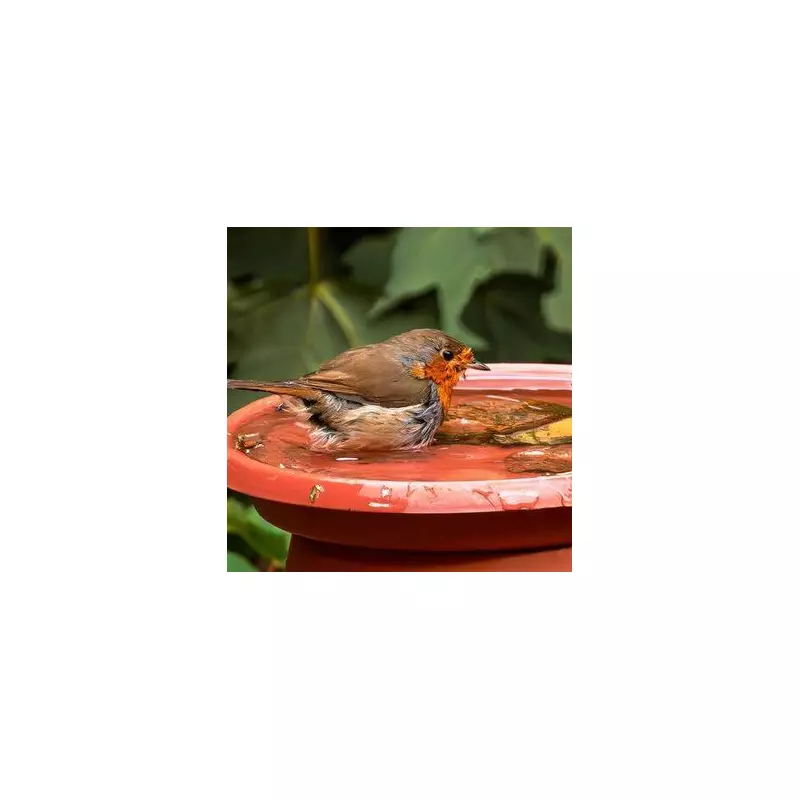
Imagine your garden alive with the cheerful chirps and vibrant flashes of British birds. Creating a haven for our feathered friends is not only a joy but a crucial act of conservation. Here’s how to transform your outdoor space into a natural sanctuary that birds will flock to.
1. Serve a Natural Bird Banquet
Instead of relying solely on shop-bought seed mixes, plant native species that provide a year-round food source. Berry-producing bushes like hawthorn, rowan, and holly are particularly valuable in autumn and winter. Sunflowers, teasels, and lavender offer seeds that finches and tits adore.
2. Provide a Fresh Water Source
A reliable, clean water source is essential for both drinking and bathing. A shallow bird bath with a gently sloping edge is ideal. Remember to break the ice during frosty spells and keep it topped up in summer.
3. Choose the Right Feeders
Different birds have different preferences. Tube feeders are perfect for smaller birds like goldfinches, while ground feeders attract robins and thrushes. Niger seed feeders are a goldfinch favourite, and peanut feeders will bring in tits and woodpeckers.
4. Offer High-Energy Foods
During the harsh winter months, birds need high-fat foods to maintain energy. Suet balls, fat cakes, and mealworms are excellent choices. In spring and summer, offer protein-rich foods like live mealworms to support breeding adults and their chicks.
5. Create Safe Shelter and Nesting Sites
Dense, thorny native hedges like blackthorn and hawthorn provide excellent protection from predators. Consider putting up nest boxes suited to different species—open-fronted boxes for robins and small-hole boxes for tits.
6. Embrace a ‘Wild’ Corner
Resist the urge to over-tidy. Leave a patch of grass to grow long, allow leaf litter to accumulate, and keep deadwood. These areas are rich in insects and provide crucial foraging grounds for birds like wrens and blackbirds.
7. Plant for All Seasons
Plan your planting so there’s always something offering food, from early-flowering currants in spring to fruit-laden trees in autumn. Ivy is particularly valuable—its late autumn berries provide food when other sources are scarce.
8. Avoid Chemicals
Pesticides and herbicides reduce the insect population that many birds rely on. Embrace natural gardening methods to ensure your garden is a safe, toxin-free environment for all wildlife.
9. Provide Grit and Eggshells
Birds need grit to help digest their food. Crushed eggshells (baked to sterilise) provide essential calcium, especially important for egg-laying females in spring.
10. Be Consistent
If you start feeding birds, particularly in winter, continue to do so regularly. They come to rely on your garden as a food source, and sudden absence could leave them struggling.
By following these natural methods, you’ll not only enjoy the beauty and song of countless birds but also contribute significantly to supporting UK wildlife right on your doorstep.





